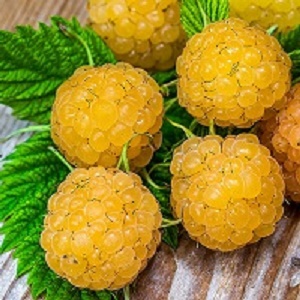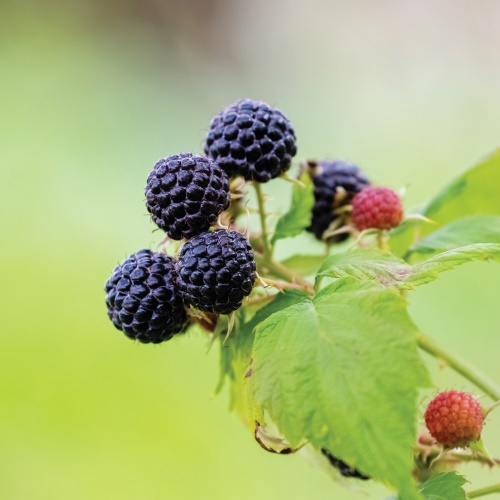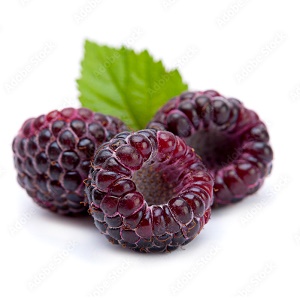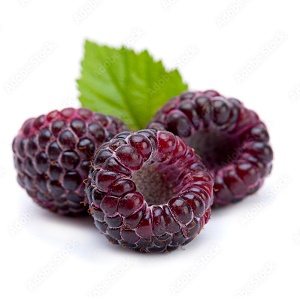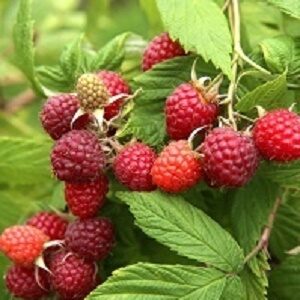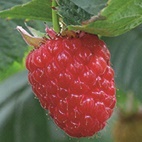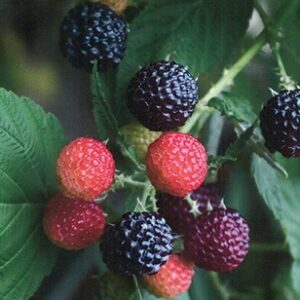Raspberry Yellow : HONEY QUEEN 2 year old cane
$8.95
This golden-yellow, gourmet quality berry was developed in Rocky Mountain House, Alberta by Robert Erskin, so hardiness is a given. Large fruit with exquisite honey flavour is a fresh eating favourite. Although all raspberries prefer sunny sites, Honey Queen is your best option for planting in shady areas. Tying up or trellising is recommended to support the long canes.
$8.95 EACH
or
Bundle of 25 canes $130.00
SELF-FERTILE | ZONE 2/3 | HARVEST: EARLY JULY
Other products in this zone
Growing Tips
Tipping or tip pruning is highly recommended for black and purple raspberry canes. As the primocanes (first year canes) reach 90-120 cm (3-4'), pinch or cut 8-15 cm (3-6”) off the tips to force branches to develop. Tipping will delay, but prolong, the harvest, increase yield and reduce arching of the canes and tip rooting. Pruning later in the season decreases the amount of time the plant will have to develop the branches. Not pruning the primocanes will allow earlier ripening than the tip-pruning option, however the
canes will become tall and arching, and will develop fewer berries.
Raspberry canes MUST be kept moist until they are in the ground. In fact, we believe that the main reason that canes fail to grow is from the root hairs becoming dry at some point in the planting process.
We suggest using Soil Moist root dip (see page 81). Soak the roots for 1-2 hours just before planting. From our own experience it is highly effective. It is also recommended for other plants – blackberries, strawberries, etc.
